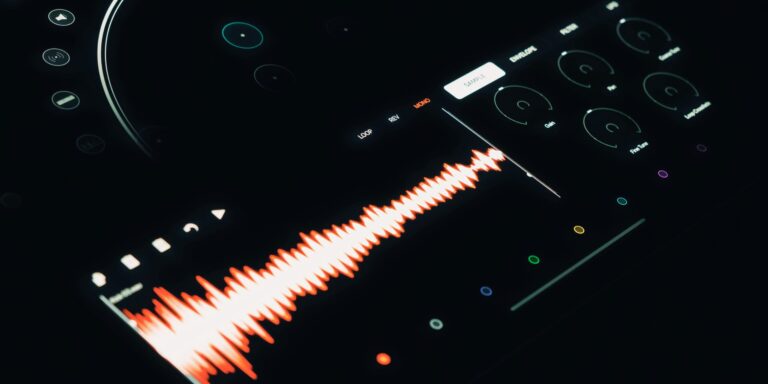As artificial intelligence (AI) continues to reshape industries worldwide, music is undergoing a transformation. With AI tools now capable of composing, producing, and even performing music, the debate about whether this technological shift is a boon or a bane for artists has intensified. While some musicians embrace AI as a tool for innovation, others fear that it might diminish the value of human creativity and artistic expression. This article explores the impact of AI on music and what it means for the future of artists.
AI’s Role in Music Production
AI is revolutionizing how music is made, with programs like OpenAI’s MuseNet and AIVA allowing users to create original compositions. These tools have democratized music production, enabling both aspiring and established musicians to generate professional-quality tracks without expensive studio equipment.
Independent artists, particularly, are benefiting from AI. The ability to produce high-quality music without a team of producers or a recording studio has opened doors for a diverse range of musicians. AI software such as Amper Music allows creators to generate melodies, chord progressions, and even full tracks quickly and easily.
Even well-known musicians are turning to AI for assistance in their creative process. Grammy-winning producer Timbaland, for example, has used AI tools to break through creative blocks, describing AI as an “infinite collaborator” that helps bring fresh ideas to the table.
The Authenticity Debate: Can AI Replace Human Creativity?
Despite the advantages of AI, critics argue that AI-created music lacks the emotional depth and authenticity of human-made compositions. Music is often seen as an expression of human experience and emotion—qualities that AI cannot replicate. While AI can mimic patterns and styles, it cannot create music rooted in lived experience.
The issue of originality is also at the forefront of the debate. AI systems are trained on vast amounts of existing music, which raises questions about the ownership and originality of AI-generated compositions. If an AI produces a song that closely resembles a famous artist’s style, who should receive credit for the work?
These concerns extend to the broader question of whether AI music should be considered “authentic.” As AI-generated music becomes more prevalent, it may erode the value of human-created music, which requires significant time, skill, and emotional investment.
Impact on Emerging Artists
For new musicians, AI represents both a challenge and an opportunity. On the positive side, AI tools make music production more accessible, helping independent artists create high-quality music without costly equipment. This is particularly beneficial for those from marginalized communities, who may have lacked the resources to produce music at a professional level.
However, AI’s increasing role in music creation could also undermine emerging artists. As AI tools become more advanced, they could flood the market with low-cost, generic tracks, making it harder for independent musicians to stand out. In addition, as AI-generated music grows in popularity, there’s a fear that the uniqueness of human-made music may be diminished, as algorithms favor familiar patterns over original, boundary-pushing ideas.
Challenges for Established Musicians
For established artists, the integration of AI into the music industry presents both opportunities and concerns. Some, like Timbaland, see AI as an exciting tool that can enhance their creative process. However, others are wary that AI may devalue the human aspect of music-making. With AI programs able to replicate iconic voices and styles, there are concerns that the authenticity of live performances may be compromised, and the art of songwriting could be overshadowed by machines.
Another issue is the financial impact AI could have on musicians. With AI-generated music flooding streaming platforms, it may become more difficult for artists to earn a living from their music. The oversaturation of content could drive down the value of music, making it harder for artists to gain attention and secure fair compensation for their work.
Royalties and Compensation in the Age of AI
One of the most pressing issues with AI in music is how it will affect royalties and compensation. As AI-generated music becomes more widespread, it raises questions about who should receive royalties for a song. Should the creators of the AI software get paid, or should the musicians who used the AI to compose the track receive the royalties?
The rise of AI could lead to the need for new royalty models. Some experts suggest that streaming platforms will need to distinguish between human-created and AI-generated music to ensure fair compensation for both parties. However, as AI continues to evolve, finding a fair balance between human and AI creators will be a complex challenge.
Conclusion: A Double-Edged Sword
The role of AI in music is a double-edged sword. On the one hand, it empowers artists by providing new tools for creativity and leveling the playing field for independent musicians. On the other hand, it raises important questions about authenticity, ownership, and compensation. For now, AI’s impact on the music industry remains uncertain, and it will be crucial for musicians, industry leaders, and policymakers to find a balance that allows technology to enhance creativity without undermining the value of human artistry.


